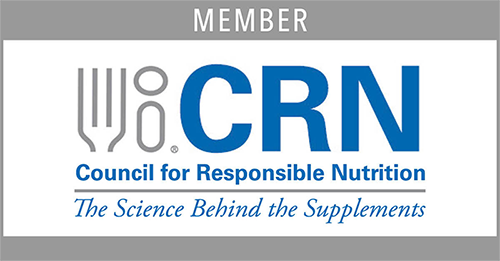What is It?*
Source Type: Fat-soluble vitamin
Source(s):
- Naturally found in few animal foods (fatty fish, fish oil)
- Fortified foods (margarine, milk, orange juice)
- Sunlight
- Chemically synthesized in labs, often from lanolin in sheep’s wool
Vitamin D3, also known as cholecalciferol, is a fat-soluble vitamin essential for various bodily functions. Vitamin D3 is found naturally in very few foods, as well as supplements. The body can also make vitamin D3 endogenously when the skin is exposed to ultraviolet rays.
Benefits*
Vitamin D3 is essential for calcium absorption in the intestines, which is critical for maintaining strong and healthy bones. Vitamin D3 is also believed to play a role in immune function, as well as the prevention of multiple diseases and illnesses including multiple sclerosis, rheumatoid arthritis, and cardiovascular disease. It is also used to help regulate mood disorders, such as seasonal affective disorder (SAD).
Effectiveness*
There is clear evidence that a deficiency in vitamin D3 can lead to bone disorders like osteoporosis in adults and rickets in children.
When it comes to reducing the risk of multiple sclerosis and rheumatoid arthritis, the results are mixed.
As for vitamin D3 and the prevention of cardiovascular disease, the evidence is not yet strong enough to establish a direct cause-and-effect relationship. Some studies have shown potential benefits, while others have not found a significant impact on cardiovascular outcomes.
It has been found that individuals with lower vitamin D levels may be at higher risk of developing seasonal affective disorder (SAD). Therefore, increasing vitamin D levels through supplementation or exposure to natural sunlight may help alleviate symptoms of SAD for some individuals.
Risks*
High levels of vitamin D3 can lead to elevated calcium levels in the blood (hypercalcemia), which can cause symptoms such as nausea, vomiting, constipation, and, in severe cases, kidney damage and cardiovascular issues. High-dose vitamin D3 supplements can interact with certain medications, including certain heart medications and corticosteroids.



